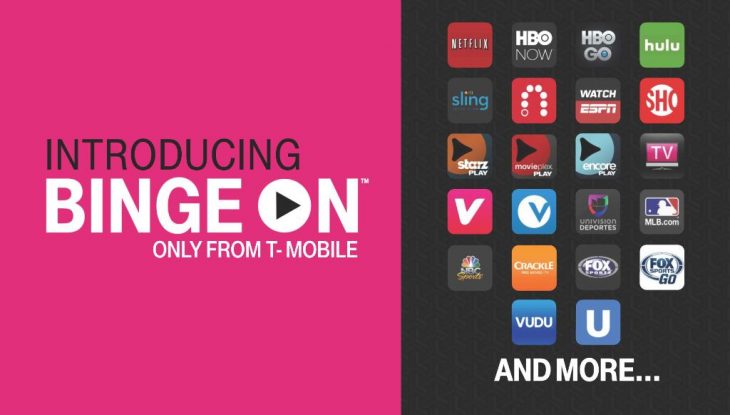
OTTAWA – The short answer to that question is yes. However, is it the right answer, when there still is so often much disagreement about what net neutrality means?
While often valid, that complaint can’t be brought to the fore every single time there is a network dispute, said TekSavvy Solutions chief legal and regulatory officer Bram Abramson on Friday while presenting a paper to the Law Society of Upper Canada’s biennial conference on new developments in communications law and policy. That said, just because everyone now understands that traffic on all networks must be managed and has always been (generally always favouring the consumer), it doesn’t mean Regulators shouldn’t be wary of abuses.
The best way to beat it? “The more you get market competition, the less you need to get network neutrality (regulation) correct,” said Abramson. If we don’t boost competition and protect net neutrality, “it gives way to an internet that can become another iteration of cable television,” with the implied gatekeeping that goes with it.
The U.S. Federal Communications Commission, said panelist Russell Blau of Washington D.C.-based Morgan Lewis and Bockius LLP, believes there is clearly not enough retail competition in the U.S. for it to step back from overseeing network neutrality – pointing out that in most places, consumers have only two providers of wired broadband to choose from and in many places, just one.
Telus SVP federal government and regulatory affairs Ted Woodhead, however, rejected many of the claims, saying net neutrality oversight is geared at harms “that we haven’t seen” in practice.
The panelists pointed to the Binge-On zero-rating scheme launched by T-Mobile in the States (although the FCC has not yet ruled on the program one way or another) and Facebook’s Free Basics offering, as potential problems. T-Mobile customers can currently stream unlimited video anytime and anywhere they want – from 62 T-Mobile-approved video portals or platforms (It doesn’t impact customer data plans at all and these types of arrangements have come to be known as zero-rated, since it counts for zero against your data cap). Facebook’s Free Basics is aimed at getting Internet connectivity in the hands of the world’s poor – but where only certain apps and websites (like Facebook and all searching done through Facebook) would be free to use.
The FCC has “not received any complaints other than by activists and law professors and other people about (Binge On). Consumers, apparently, love it,” added Woodhead who continued saying those activists seem to be “deciding consumers aren’t capable of making up their own minds.”
“For governments and regulators to say ‘that’s not good for you’, strikes me as a very strange concept and paternalistic.” – Ted Woodhead, Telus
As for Facebook providing some “basic tools of communications and knowledge for free – and for governments and regulators to say ‘that’s not good for you’, strikes me as a very strange concept and paternalistic,” added Woodhead. India has banned Facebook’s Free Basics.
It’s not quite so simple as all that, added Tamir Israel, of the Canadian Internet Policy & Public Interest Clinic. By choosing just a limited number of places where consumers can watch unlimited video “it harms the downstream ecosystem,” he said because consumers will automatically prefer places on that list of 62 over others, meaning new video providers not on the list might not gain a toehold in the market and others not on it will weaken. “It’s a very significant barrier to overcome,” he added. And it does make T-Mobile a sort of cable-like aggregator of content.
(However, real harm may only happen if other providers launched the same zero-rating scheme and not just the U.S. #3 wireless provider.)
Developing policy around network neutrality is not an easy thing, added all panelists, who considered the FCC’s decision to examine each complaint on a case-by-case basis as likely the most prudent way to approach the matter.



